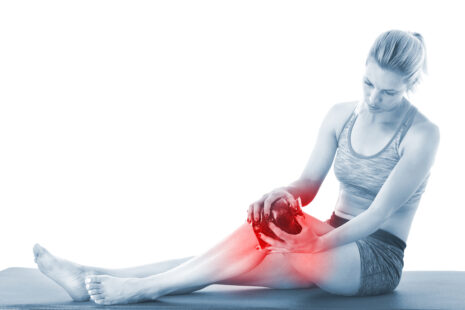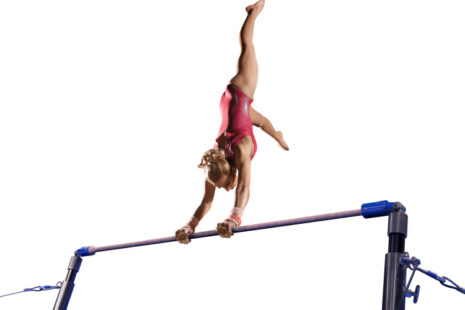There can be various reasons why a knot in your neck won’t go away. Knots in the neck are often referred to as trigger points, which are tight bands of muscle fibers that can be tender and painful when touched.
Some common reasons why a knot in your neck may persist include:
- Muscle Tension: Prolonged muscle tension or poor posture can lead to the development of trigger points in the neck. The knot may persist if the underlying cause of the muscle tension is not addressed.
- Overuse or Strain: Activities that strain the neck muscles, such as repetitive movements or carrying heavy loads, can contribute to the formation of knots.
- Stress: Emotional or psychological stress can cause muscle tension and trigger points in the neck and shoulders.
- Inadequate Rest or Recovery: Not allowing sufficient time for your neck muscles to recover after physical activity can lead to persistent knots.
- Medical Conditions: Certain conditions, such as fibromyalgia or myofascial pain syndrome, can cause chronic muscle knots and pain.
- Injury or Trauma: A previous injury to the neck or whiplash can develop trigger points that don’t resolve independently.
- Dehydration: Inadequate hydration can contribute to muscle tightness and trigger point formation.
To help the knot in your neck go away, consider the following steps:
- Stretching and Range of Motion Exercises: Gentle stretching and range of motion exercises can help relieve muscle tension and improve flexibility in the neck.
- Heat Therapy: A warm compress or shower can help relax the muscles and alleviate discomfort.
- Massage: Consider getting a professional massage or using a foam roller or massage ball to release tension in the affected muscles.
- Rest: Ensure you get adequate rest and manage stress, as both play a significant role in muscle health.
- Posture Correction: Pay attention to your posture, especially when sitting or using electronic devices, and adjust as needed.
- Hydration: Ensure you drink enough daily water to maintain proper muscle function.




